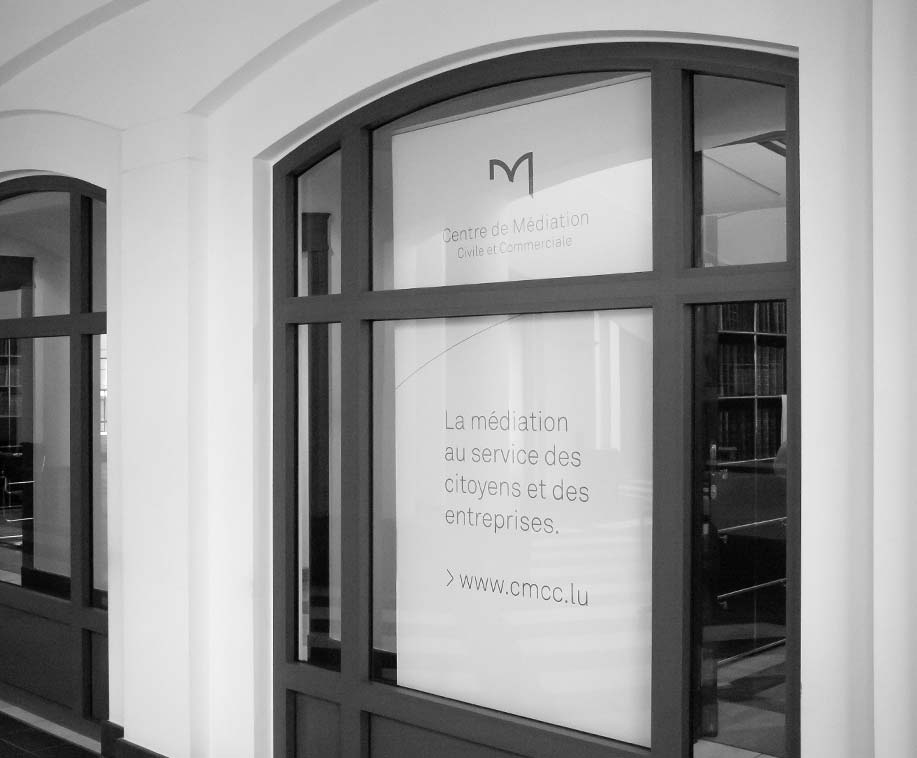Use cases
Some use cases of Early Neutral Evaluation (ENE) in different contexts:
- Misallocation of fund assets: An institutional investor accuses a fund manager of violating the investment strategy and investing money in unauthorised asset classes. ENE assesses whether an offence has been committed.
- Construction contract: Dispute over defects in a construction project. An evaluator assesses the situation and provides an assessment of possible liability issues.
- Labour law: A dismissed employee sues for unlawful dismissal. A neutral body provides an initial assessment of the likelihood of success of the claim.
- IT project: A software provider and a customer are in dispute over late delivery. The evaluator analyses the contract and assesses whether there has been a breach of contract.
- Family law: A couple is arguing about maintenance payments. A neutral person assesses the legal situation and recommends a realistic solution.
- Trade dispute: Two companies are in dispute over a faulty delivery of goods. A neutral expert gives a prognosis on the chances of success of a lawsuit.
- Insurance law: A policyholder demands a claim payment, the insurance company refuses. The evaluator provides an objective assessment of the contractual situation.





